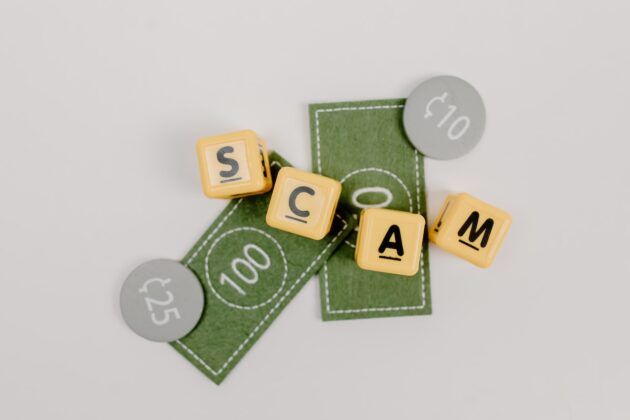Crypto regulations are becoming necessary due to the increasing fraud in the industry. However, the growth in innovative technologies has also brought many disadvantages to the crypto space. Several crypto-project crimes are completed through technological processes and vulnerabilities on the platforms.
Besides creating regulatory bodies, most jurisdictions develop restrictive measures in their approach. Also, some have laid out punishments for bad actors in crypto fraud and exploits within their regions.
In a recent development, South Korean regulators are planning to toughen punishments for crypto fraud. The new move from Korean authorities focuses on enhancing its legislation following the collapse of the Terra ecosystem this year.
Legislation Targets Investor Protection For Cryptocurrencies
The regulators are emphasizing protecting investors in their activities with digital currencies. Hence, they are toughening penalties for unfair trading in the crypto industry.
The report from local media disclosed the country’s regulators are on the new legislation for virtual assets. These involved the cooperation of the Financial Service Commission (FSC) and the National Assembly.
They plan to pass a bill to facilitate financial regulators monitoring and punishing unfair crypto trade practices. Some outlined actions in supervising crypto exchanges include price manipulations, the use of undisclosed information, and fraud.
The regulators have yet to provide details of the penalties for defaulting the legislation on trading practices. However, the expectation is for their designs in the future. Also, they will synchronize both the supervision and punishments at standards similar to and obtainable in the traditional financial system.
Further in the legislation for crypto assets, the National Assembly already has 14 proposals in circulation. Also, there’s the comprehensive Digital Assets Basic Act in progress. The aim is to ensure more investor protection from 2023.
According to an unnamed official from the National Assembly, the US Securities and Exchange Commission (SEC) displays a wide range of legal powers. Therefore, it doesn’t require separate legislation to punish unfair trade in digital assets. However, in Korea, there’s a need for related legislation to do so.
South Korea Moves Against Terra Chief Do Kwon
Following the algorithmic stablecoin Terra’s collapse, many allegations arose against its chief Do Kwon. In September, South Korean authorities issued an arrest warrant for Kwon, but it was later dismissed.
Further, Interpol placed Kwon on its Red Notice list and requested law enforcement to locate and detain him. South Korean foreign ministry told Kwon to surrender his passport or face its cancelation.
At the moment, Terra’s new token, Terra Classic (LUNC), is strongly building its ecosystem to increase stability. At the time of writing, LUNC is trading at $0.0002341, indicating a decline of 3% over the past 24 hours.

featured Image From Pixabay, Charts From Tradingview


